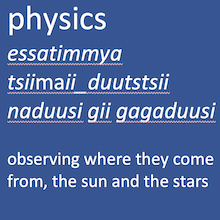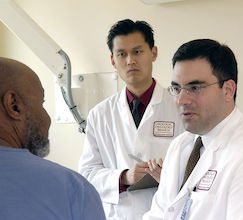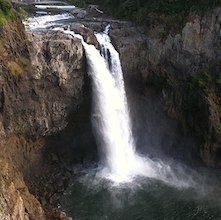
by Susan Keown | Aug 3, 2021 | ScienceWire
Bitcoin is responsible for 0.5% of all the electricity consumed in the world — but why? Clayton Aldern (@compatibilism), in a video for Grist, explains how blockchain works and why bitcoin’s blockchain implementation burns so much energy. He explores this...

by Susan Keown | Aug 3, 2021 | ScienceWire
The Duwamish River became the industrial core of a prosperous Seattle, writes Robin Lindley (@robinlindley2) for EarthX, but the river and the marginalized people who live along its banks suffered the consequences. After a segment of the lower Duwamish was declared a...

by Susan Keown | Jul 6, 2021 | ScienceWire
There are now only a few thousand native speakers of Blackfoot, a language once spoken across the northern Great Plains. Meredith Fore (@Fore_Says) writes for Symmetry Magazine about one of these native speakers, Sharon Yellowfly, whose efforts to reinvigorate the...

by Susan Keown | Jul 6, 2021 | ScienceWire
Even though FDA-authorized coronavirus vaccines are now widely available, writes Hannah Weinberger (@Weinbergrrrrr) for Crosscut, people continue to participate in clinical trials of new COVID-19 vaccines. Her story discusses a new University of Washington clinical...

by Susan Keown | Jul 6, 2021 | ScienceWire
Diane Mapes (@double_whammied) writes for Fred Hutch News Service about the disparities in cancer prevention, care and research for Black Americans, and the efforts of teams in the Fred Hutch/University of Washington Cancer Consortium to reduce these inequalities....

by Susan Keown | Jul 6, 2021 | ScienceWire
A new deep learning method, writes Sarah McQuate (@potassiumwhale) for UW News, can turn a photo of flowing water, smoke or clouds into an endlessly looping, real-looking video. The University of Washington researchers say that by adding more visual information into...







